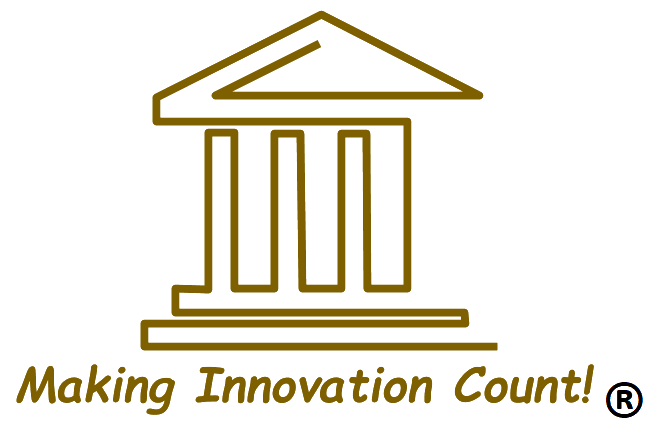|
Question: If I developed a website and was never paid, do I own the website code or does my client because the code is hosted on his server? Facts: I am a freelance web developer who designed and coded a website which is hosted on my client's server and under his domain name. Several months after completing the website, I still have not been paid. The client claims that he will be able to pay me in about a month. I have access to the server, and wrote the code entirely myself. Do I have the right to take down the code, given that I wrote it and have not been paid? Does the code belong to me in the first place? And does it matter that the text "Copyright" was included on the footer of all the pages? Answer: There are two areas of law that are raised by your facts. First are laws related to copyrights and second are laws related to contracts. I will apply the facts you have provided to each set of laws. Copyright Law A copyright is automatically granted to the creator of certain original works of authorship. The “work” must be a substantial expression of an idea placed onto some tangible medium. The code you have written is substantial because the code required to support a website usually takes many pages when printed. The code you have written is also an expression of an idea because the website is the idea and to express the website you need commands to control the placement of images, text, buttons, and the such. Finally it is tangible because the software code is stored in files that can be copied or printed. Thus the author of software code has the right to exclude others from copying the code. When is this right granted? It is granted to the programmer as soon as the work is completed. Moreover the code does not have to be labeled with a copyright notice for the right to be granted. In summary, and only applying copyright law to the facts, the code is yours and you have the right to exclude others from copying it. You can exclude your client from copying the code so if you were to take down your code and your client restores the code from a backup that would be a copyright violation. Recommendation: I would recommend that you first speak with a copyright attorney and provide him/her with all of the facts in this matter. I would think that the attorney would have you register your code with the US Copyright office as that will give you additional rights and protections and that you also place a copyright notice at the top of each file. At this time there does not seem to be a copyright violation as you, the owner of the copyright, copied your code to the server. Contract Law A contract is an agreement between two or more parties where there has been a “meeting of the minds” and each party has given something in exchange for a benefit. A “meeting of the minds” is a legal phrase that means all of the parties understand the agreement and its terms. Here you were to give your time and skill to create a website in return for money and your client was to give his/her money in return for a website. Since the “exchange” has not occurred when it was expected to occur we say that the contract has been breached. When a contract has been breached you can seek remedies. A contract for services, such as what you are performing here, does not have to be in writing to be enforceable. In your facts you made no mention of a contract. I assume then that the contract was simple - you provide the code and your client provides the hardware and the money to pay you. A more complex contract would also transfer the copyright to the client by a license or outright assignment. Assuming a simple contract that does not include the transfer of your copyright to the client the copyright still belongs to you, the creator. In summary the client has breached the contract by not paying you for your services. You can seek a court order for full payment of your services. You can also seek a court order to have the client remove your software code from their server. Recommendation: Again, I would recommend that you first speak with a business attorney and provide him/her with all of the facts in this matter. I would think that the attorney would recommend that you use the small claims courts in your state if the amount of money you are seeking from your client is within the limits of small claims court. I would also think that the attorney would not recommend that you take down the website due to lack of payment without a court order. That could land you into trouble. If you have a question you would like to have me answer feel free to submit the question on the Contact Me page.
0 Comments
Question: Does youtube or any other website receive ownship of the copyrights to your original work if you upload your work on to their website for public viewing?
Answer: When you create an account on YouTube, and many other websites like YouTube, you are asked to read and sign an agreement. You will need to read that agreement to determine if you "assign" your copyrights to YouTube when uploading the work. Assignment is the legal term used when you transfer rights in something you have to another. You can ask YouTube to show you the agreement or by going to your account you may be able to see it online. |
Categories
All
|
California, Inland Empire - (909) 566-2801
California, Santa Barbara - (805) 500-6241
Tennessee - (423) 226-8036
Georgia - (404) 436-0899
California, Santa Barbara - (805) 500-6241
Tennessee - (423) 226-8036
Georgia - (404) 436-0899

